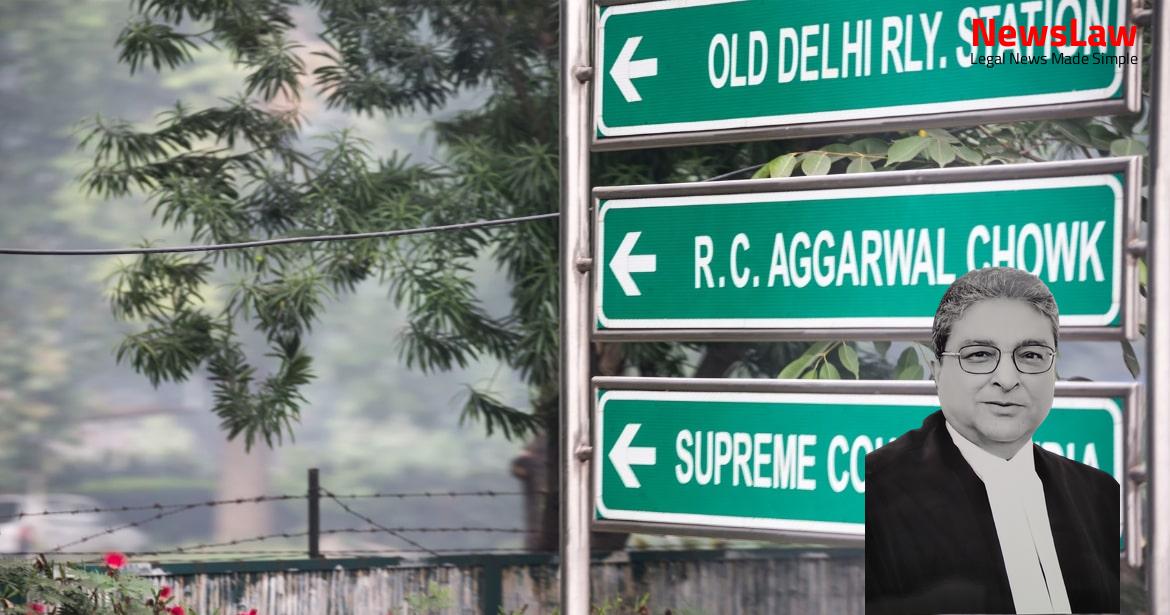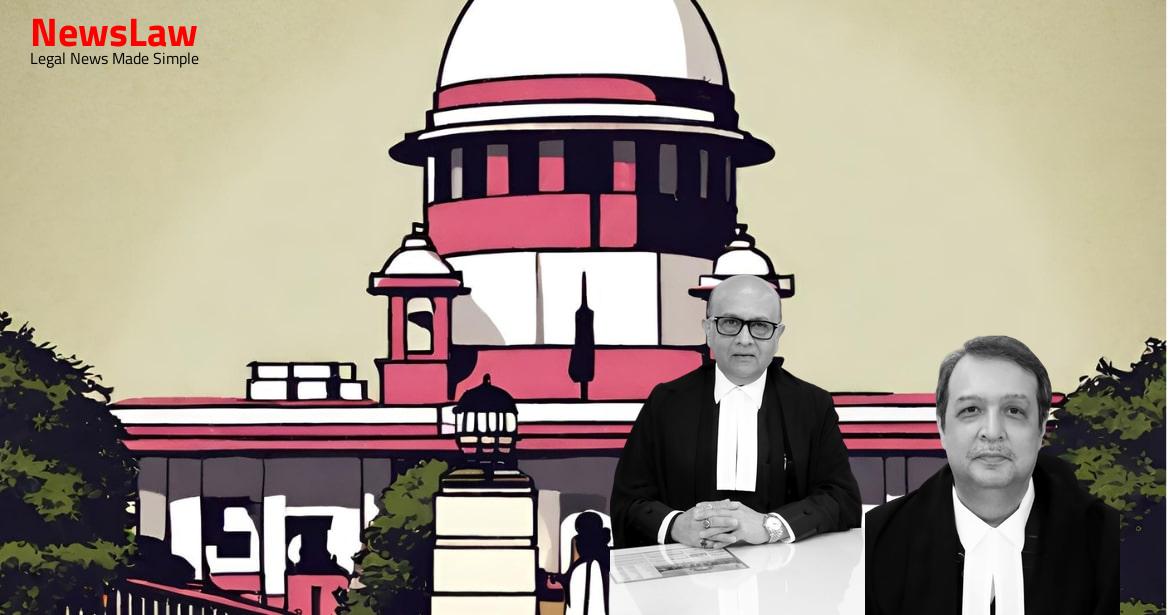In the Supreme Court case of Shri Krishna Pharmaceuticals Limited vs. State of India, the court addressed the issue of duty exemption for consignments imported under the Advance License Scheme. The petitioner, Shri Krishna Pharmaceuticals Limited, sought exemption based on a clarificatory notification dated 18.03.1994, which was crucial for their case. Despite the High Court’s dismissal, the Supreme Court rightfully overturned the decision, emphasizing the State’s obligation to act fairly and produce necessary documents for a just outcome.
Facts
- Appellant imported 96 tons of Acetic Anhydride in 1993 under Advance Licence Scheme.
- Appellant allowed to clear consignments without payment of duty.
- Show cause notice issued under Section 28(1) of the Customs Act regarding duty exemption.
- Appellant held liable for duty despite importing under the same advance licence.
- No reference made to notification dated 18.03.1994 by authorities in duty liability decision.
- High Court dismissed writ application for exemption mandamus.
- Appellant filed review application citing Shri Krishna Pharmaceuticals Limited case where duty exemption was granted for similar consignments under same advance licence.
- Appellant made representation seeking exemption based on clarificatory notification dated 18.03.1994.
- Notification nos. 203/1992 and 204/1992 amended by Notification no. 183/1993 withdrawing duty exemption.
- Clarificatory Notification no. 105/1994 issued on 18.03.1994 allowing duty exemption under certain conditions.
- Appellant did not produce clarificatory notification with the writ petition.
- Respondents were not aware of the clarificatory notification.
- Appellant not entitled to any relief as per High Court’s opinion.
Also Read: Interpretation of Lease Agreement and Compulsory Registration
Arguments
- Shri B. Adinarayana Rao, senior counsel for the appellant, argued that denial of exemption to the consignment actually imported after 25.11.1993 under the advance license obtained before 19.05.1992, despite the clarificatory notification dated 18.03.1994, was unjustifiable.
- The appellant’s liability for customs duty based on the statutory notifications was deemed arbitrary in the given circumstances.
- The failure to enclose a copy of the notification should not have been a valid reason for the denial of the exemption.
- The learned counsel appearing for the State supported the order of the High Court.
- The consignments were imported after withdrawal of the exemption but before issuance of the clarificatory notification.
- The High Court’s order was considered completely unsustainable by the court.
Also Read: Enhancing Compensation and Modifying Sentences: A Legal Analysis
Analysis
- The duty of the party possessing a helpful document for justice should not be overlooked, especially for instrumentalities of the State.
- It is essential for Insurance Companies to file a copy of the policy along with their defense to avoid unnecessary litigation.
- In the case at hand, the High Court’s ignorance of a clarificatory notification led to unsustainable orders, which were rightfully set aside.
- The State or its instrumentalities have an obligation to act fairly, emphasizing the need to follow procedures and produce essential documents.
- The petitioner’s entitlement to exemption under the Advance License Scheme was upheld based on clarificatory notifications issued by the Government.
- State cannot behave like a private litigant and rely on abstract theories of the burden of proof.
- State acts through its officers who are given powers in trust.
- If the trust reposed is betrayed by the officers, the State may still be liable for their misdemeanors.
- The State authorities cannot defend their actions by claiming ignorance of their own notifications.
- The onus heavily rests on the State authorities, and they cannot use State apathy as an excuse for generating litigation.
- It is essential for Insurance Companies to file a copy of the policy before the Tribunal and the High Court in appeal.
- Claimants for compensation under the Act are usually not in possession of the insurance policy or a copy thereof.
- The timing of the importation of consignments is not crucial in light of the clarificatory notification dated 18.03.1994.
- In the case discussed, it was found that the consignments imported subsequently met the terms and conditions of the exemption.
- The High Court emphasized the importance of adhering to specified terms and conditions for exemptions in a similar case.
Also Read: SPML Infra Limited vs. Govt. of Arunachal Pradesh
Case Title: M/S. GRANULES INDIA LTD. Vs. UNION OF INDIA (2020 INSC 82)
Case Number: C.A. No.-000593-000594 / 2020



